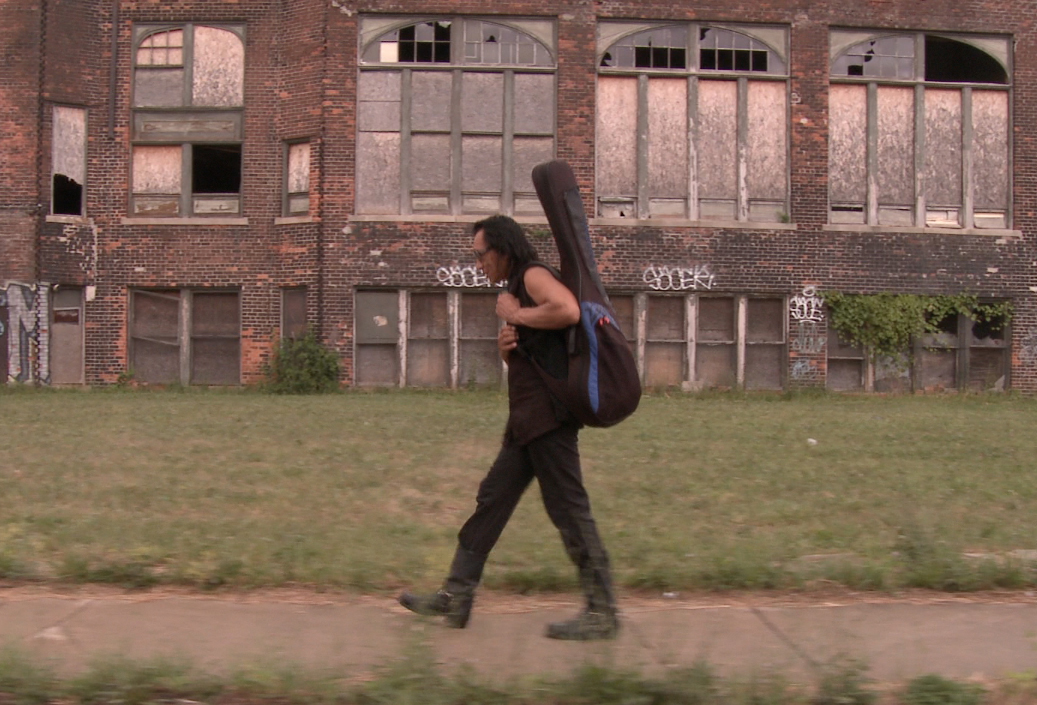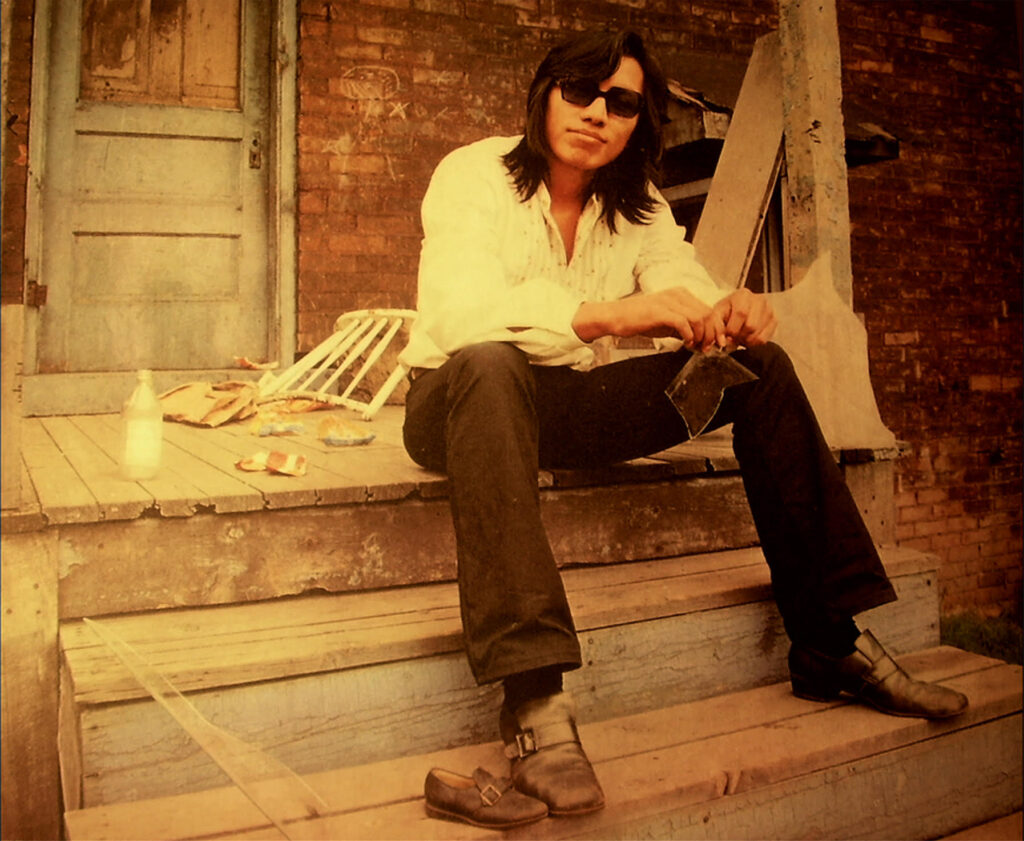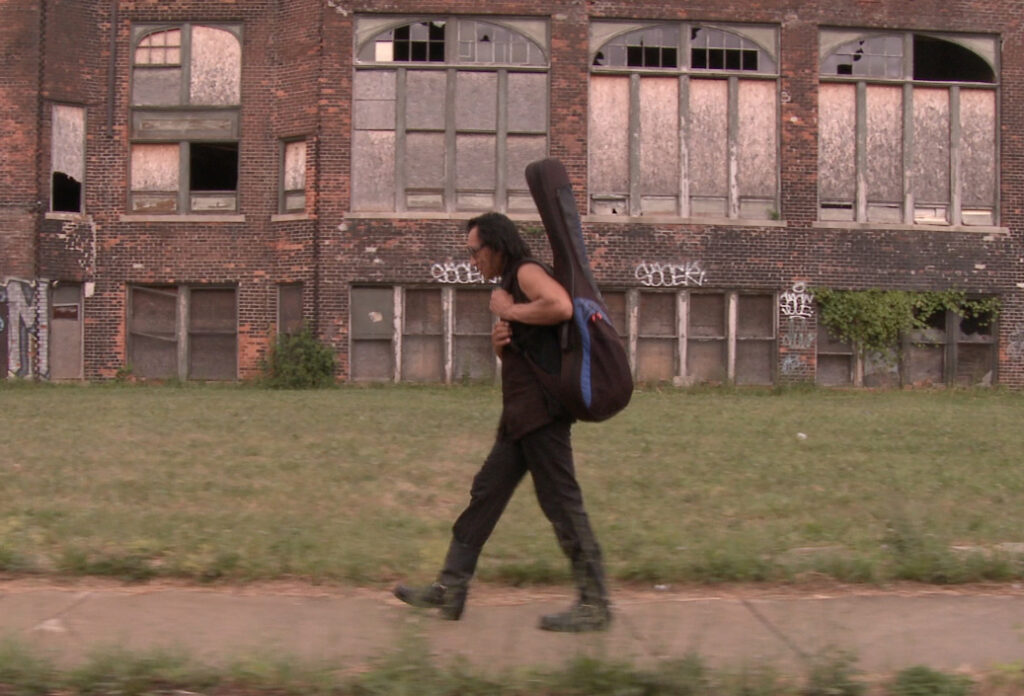Search for Sugar Man, Find Yourself

Written by Kaitlin Hill
Images courtesy of Sony Classic Pictures
Editor’s Note: This article includes a mention of suicide.
This October marked the 10th anniversary of the Middleburg Film Festival, bringing with it A-list celebrities, exclusive screenings, packed houses, and standing ovations. Ray Romano made his directorial debut with “Somewhere in Queens” and Brendan Fraser’s triumphant return to the spotlight was celebrated by raucous applause as credits rolled on “The Whale.” But, arguably, the most powerful moment of the festival occurred on its closing afternoon, in the intimate and understated auditorium of The Hill School, in front of a modestly sized crowd.

The documentary “Searching for Sugar Man,” produced by Sony Classic Pictures, tells the most curious tale of Mexican-American, Detroit-based singer and songwriter Rodriguez. If the name doesn’t ring a bell, that’s the point. Unlike Prince, Elvis, Sting, or Madonna, the single name is not a signifier of notoriety. Instead, the documentary explores how an artist of a similar caliber of talent could live in absolute obscurity in the United States with, unbeknownst to him, Elvis-level fame in South Africa.
“Searching for Sugar Man” opens on a winding Cape Town highway with a disturbing rumor. “He set himself alight on stage and burnt to death in front of the audience,” says Stephen Segerman, a South African record shop owner, as he navigates a twisting road high above an endless expanse of steel gray water.
Over the course of 86 minutes, interviews with Segerman, guitarist Willem Möller, American music executive Clarence Avant, “Bonanza” actor and record producer, Steve Rowland, Detroit bar owner, Rick Emmerson, and others explore the rise of Rodriguez in South Africa and the shroud of mystery surrounding him as they seek to discover whether he is dead or alive.

Rodriguez’s story unfolds to the soundtrack of his on-the-nose lyrics, percussion guitar, and soulful voice. In his song, “This is Not a Song, It’s an Outburst: Or, The Establishment Blues” from his first album “Cold Fact,” released in apartheid South Africa in 1971, Rodriguez lays bare the delusion of the American dream, pinpointing concerns that still dominate headlines over fifty years later.
“The mayor hides the crime rate
council woman hesitates
Public gets irate but forget the vote date
Weatherman complaining, predicted sun, it’s raining
Everyone’s protesting, boyfriend keeps suggesting
you’re not like all of the rest
Garbage ain’t collected, women ain’t protected
Politicians using, people they’re abusing
The mafia’s getting bigger, like pollution in the river
And you tell me that this is where it’s at.”
“To many of us South Africans, he was the soundtrack of our lives,” Segerman explains in the film. “The message it had was ‘be anti-establishment’…We didn’t know what the word anti-establishment was until it cropped up on a Rodriguez song, and then we found out it’s okay to protest against your society, to be angry at your society.”
And music journalist Craig Bartholomew-Strydom adds, “This album somehow had lyrics in it that almost set us free as an oppressed people.”
While some songs provided inspiration for the anti-apartheid movement, years later, others offered clues for Segerman and Bartholomew-Strydom in their search for Rodriguez’s origin and outcome.
As the film demonstrates, they used the following lyrics from “Can’t Get Away,” on Rodriguez’s sophomore album, “Coming from Reality,” to find him.
“Born in the troubled city
In Rock and Roll, USA
In the shadow of the tallest building
I vowed I would break away.”
To share too much more of the plot would be to deny potential viewers the chance to experience a masterfully captivating mystery, complete with dead ends, breakthroughs, multiple identities, moments of self-reflection, and a surprise ending. But perhaps the biggest plot twist was the Q&A following the film, where Rodriguez, yes, the Rodriguez, appeared to answer questions from the crowd.
As the audience heaped on their praise, Rodriguez proved to be witty, soft-spoken, and above all, humble.
When asked how he managed to stay so grounded considering his fame in South Africa, he answered simply and with a small laugh, “I’m from Detroit. We are accustomed to some noise.”
And responding to an inquiry from the crowd on what message he would share to inspire others, he stopped, contemplated, and said “Copyright your music.”
Though the crowd gathered at The Hill School was undoubtedly eager for more, Rodriguez, purposefully or not, didn’t deliver, continuing the legacy of mystery that has characterized his whole life. He ended simply by saying, “Goodbye, good luck, and stay well,” a sentiment similar to his song “Forget It” from “Cold Fact.”
“If there was a word, but magic’s absurd
I’d make one dream come true
It didn’t work out, but don’t ever doubt
How I felt about you
But thanks for your time
Then you can thank me for mine
And after that’s said
Forget it.” ML
This article first appeared in the November 2022 issues of Middleburg Life.








